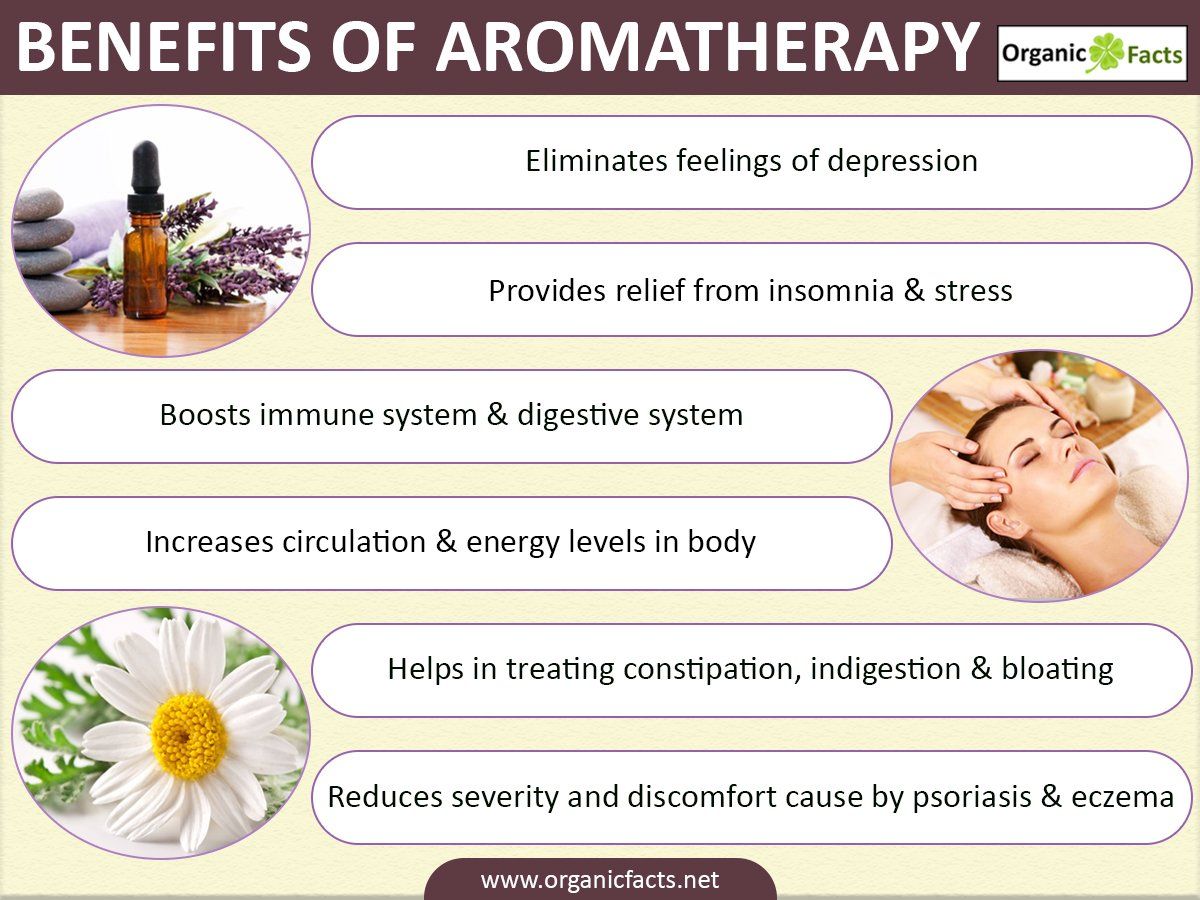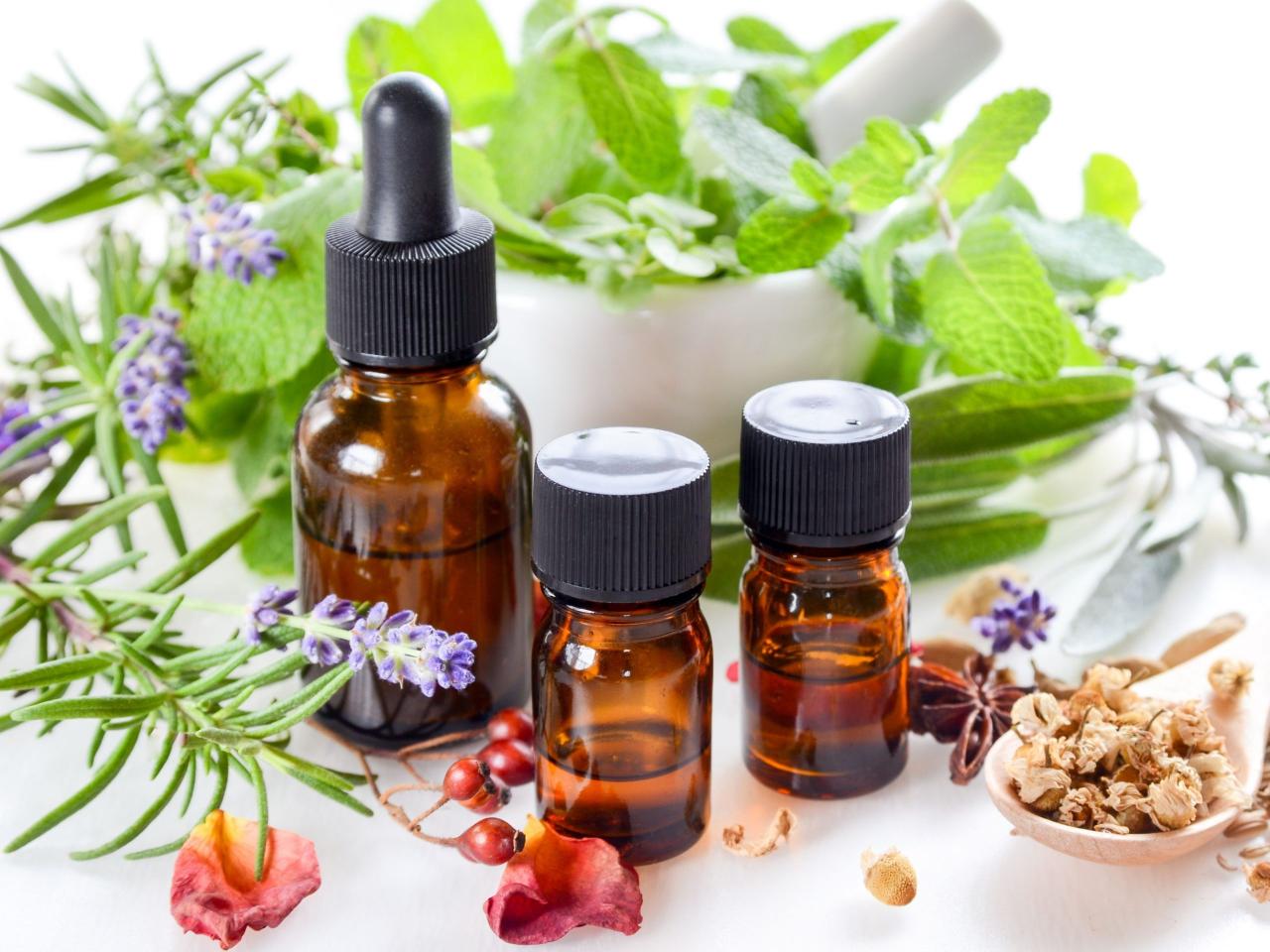Embark on a captivating odyssey into the realm of aromatherapy, where nature’s fragrant essences intertwine with scientific insights to unlock a myriad of benefits. From alleviating stress and boosting mood to enhancing cognitive function and nurturing skin health, aromatherapy unveils a treasure trove of therapeutic wonders.
Join us as we delve into the fascinating world of essential oils, exploring their remarkable properties and unraveling the secrets of their transformative effects on our physical, emotional, and cognitive well-being. Prepare to be captivated as we unveil the power of aromatherapy, a holistic approach to health and harmony.
Physical Benefits of Aromatherapy
Aromatherapy, the practice of using essential oils for therapeutic purposes, offers a wide range of physical benefits, including stress reduction, headache relief, and improved sleep quality.
Stress Reduction and Relaxation
Inhalin essential oils can activate the limbic system, a part of the brain that plays a crucial role in regulating emotions. Certain scents, such as lavender, chamomile, and bergamot, have calming and sedative effects, promoting relaxation and reducing stress levels.
Headache and Migraine Relief
Aromatherapy can provide relief from headaches and migraines. Peppermint oil, known for its analgesic and anti-inflammatory properties, can help reduce pain and tension. Eucalyptus oil, with its decongestant and expectorant qualities, can clear nasal passages and alleviate pressure headaches.
Improved Sleep Quality
Aromatherapy can promote restful sleep by creating a calming and relaxing environment. Lavender oil, with its sedative effects, can help reduce anxiety and promote relaxation, making it easier to fall asleep and stay asleep. Chamomile oil, known for its calming and anti-inflammatory properties, can also improve sleep quality.
Emotional Benefits of Aromatherapy
Aromatherapy has gained recognition for its positive impact on emotional well-being. It involves the use of essential oils extracted from plants to promote relaxation, uplift mood, and alleviate anxiety.Essential oils like lavender, bergamot, and chamomile possess calming properties that can reduce stress and promote tranquility.
Studies have shown that inhaling lavender oil can lower heart rate and blood pressure, creating a sense of calmness. Bergamot oil is known for its mood-boosting effects, while chamomile has been used for centuries to promote relaxation and reduce anxiety.
Aromatherapy for Mood Disorders
Aromatherapy has also been explored as a complementary therapy for managing depression and mood disorders. Research suggests that certain essential oils may have antidepressant effects. For instance, a study found that inhaling rose oil reduced symptoms of postpartum depression in women.
Additionally, a combination of lavender and rosemary oil has shown promise in improving mood and cognitive function in individuals with Alzheimer’s disease.
Cognitive Benefits of Aromatherapy
Aromatherapy, the practice of using essential oils for therapeutic purposes, has been shown to have numerous cognitive benefits. Research suggests that certain essential oils can enhance memory, focus, and overall cognitive function.
Effects on Memory and Focus
Studies have demonstrated that inhaling certain essential oils, such as rosemary, peppermint, and lemon, can improve memory and focus. These oils contain compounds that stimulate the brain and enhance blood flow to the hippocampus, a brain region crucial for memory formation.
Cognitive Function in Older Adults
Aromatherapy has also shown promise in improving cognitive function in older adults. A study published in the journal Neurologyfound that participants who inhaled rosemary oil for 30 minutes daily experienced significant improvements in memory, attention, and executive function.
Essential Oils and Cognitive Benefits
| Essential Oil | Cognitive Benefits |
|---|---|
| Rosemary | Enhances memory, focus, and overall cognitive function |
| Peppermint | Improves memory and alertness |
| Lemon | Boosts focus and concentration |
| Lavender | Promotes relaxation and reduces stress, which can indirectly improve cognitive function |
Respiratory Benefits of Aromatherapy

Aromatherapy offers a natural and effective way to relieve congestion and improve breathing. Essential oils, extracted from plants, possess expectorant and decongestant properties that can help clear nasal passages, reduce inflammation, and promote easier breathing.
Essential Oils for Respiratory Support
Various essential oils exhibit expectorant and decongestant qualities, making them beneficial for respiratory conditions. Some commonly used oils include:
- Eucalyptus: Known for its powerful decongestant effects, eucalyptus oil helps clear nasal congestion and promote easier breathing.
- Peppermint: Possessing both expectorant and decongestant properties, peppermint oil can help thin mucus and reduce inflammation in the respiratory tract.
- Lavender: Known for its calming and anti-inflammatory effects, lavender oil can help soothe irritated airways and promote relaxation.
- Tea tree oil: With its expectorant and antibacterial properties, tea tree oil can help clear congestion and fight respiratory infections.
Benefits for Respiratory Conditions
Aromatherapy can provide significant benefits for individuals suffering from respiratory conditions such as asthma and bronchitis.
- Asthma:Inhaling essential oils with expectorant and decongestant properties can help reduce airway inflammation, clear mucus, and improve breathing in individuals with asthma.
- Bronchitis:Aromatherapy can help soothe irritated airways, reduce inflammation, and promote expectoration in individuals with bronchitis, easing breathing and promoting recovery.
Skincare Benefits of Aromatherapy

Aromatherapy offers a plethora of benefits for skin health. The therapeutic properties of essential oils can enhance the skin’s appearance, reduce inflammation, and promote overall well-being.
Essential oils possess antibacterial and antifungal properties, making them effective in treating skin conditions such as acne, eczema, and athlete’s foot. They also promote skin regeneration, reducing the appearance of scars and wrinkles.
Essential Oils with Antibacterial and Antifungal Properties
- Tea Tree Oil
- Lavender Oil
- Eucalyptus Oil
- Frankincense Oil
- Rosemary Oil
Carrier Oils for Skincare in Aromatherapy
Carrier oils are used to dilute essential oils and enhance their absorption into the skin. Different carrier oils have varying skincare benefits:
| Carrier Oil | Skincare Benefits |
|---|---|
| Jojoba Oil | Moisturizing, non-comedogenic, anti-inflammatory |
| Argan Oil | Antioxidant-rich, nourishing, reduces wrinkles |
| Rosehip Oil | Regenerating, anti-aging, reduces scars |
| Avocado Oil | Moisturizing, anti-inflammatory, protects from sun damage |
| Sweet Almond Oil | Lightweight, hypoallergenic, emollient |
Outcome Summary
As we conclude our exploration of aromatherapy’s multifaceted benefits, it becomes evident that this ancient practice holds immense potential for enhancing our overall well-being. From reducing stress and anxiety to improving sleep quality and cognitive function, aromatherapy offers a natural and effective way to promote health and vitality.
Embrace the transformative power of essential oils and incorporate them into your daily routine. Let their fragrant embrace soothe your mind, revitalize your body, and awaken your spirit. Discover the profound benefits of aromatherapy and embark on a journey towards a life filled with balance, tranquility, and radiant health.